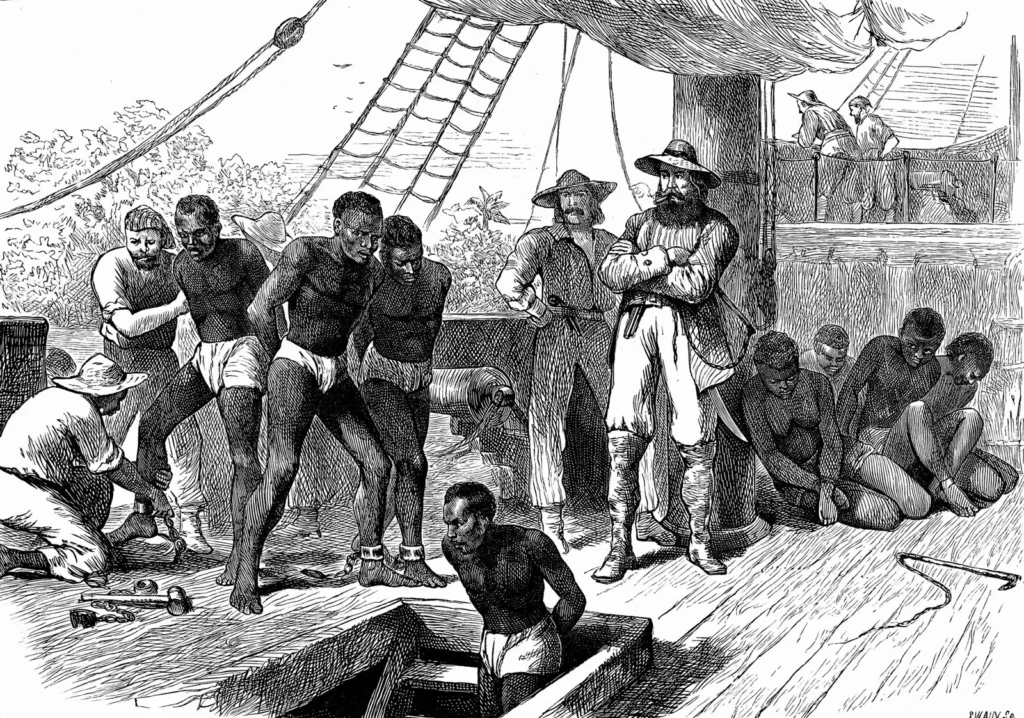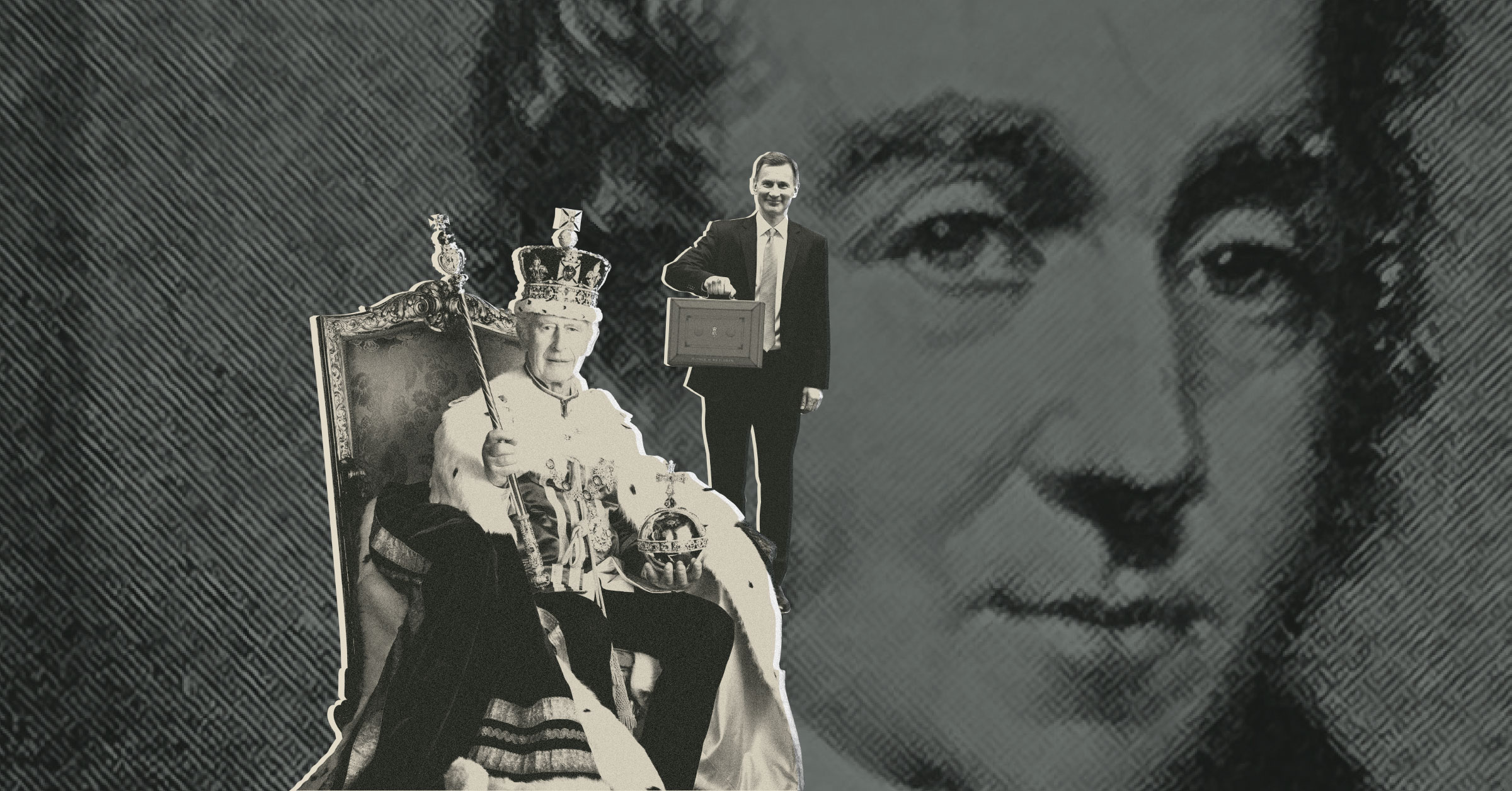The Shadows of the Past: Unveiling the UK’s Ties to Slavery
In the early 19th century, figures like British politician George Smith benefited immensely from the transatlantic slave trade. Today, as the UK grapples with its historical legacy, the connection of such figures to the contemporary Crown and government positions like the Treasury brings into focus the enduring shadows of this dark era.
A Royal Legacy Entwined with Colonial Wealth
The wealth amassed from slavery played a significant role in the British economy and, by extension, contributed to the opulence of the British aristocracy. With the revelation that one of George Smith’s descendants now wears the crown, the monarchy’s historical ties to slavery are under renewed scrutiny.

The Cabinet’s Role in Addressing Historical Wrongs
As the UK faces calls for reparations and formal apologies for its role in the slave trade, the responsibilities of the cabinet, including descendants of those who profited from slavery, come to the forefront. This poses questions about reconciliation and the role of government in addressing the past.
Reparations Debate: The Financial and Moral Accountability
The topic of reparations remains a complex and contentious issue within British politics. The Treasury’s involvement, led by individuals linked to the beneficiaries of slavery, adds layers to the debate about how the nation should atone for its past.
The Moral Imperative for Acknowledgment
Beyond financial compensation, there is a growing discourse on the importance of acknowledging the historical truths of slavery. Experts argue that a formal apology would be a step towards healing the wounds inflicted by centuries of exploitation.
Looking Forward: The Path to Reconciliation
The UK is at a crossroads, balancing the weight of historical injustices with the need for progressive action. How the Crown and the cabinet navigate this legacy will have profound implications for social justice and historical reconciliation in Britain and its former colonies.
